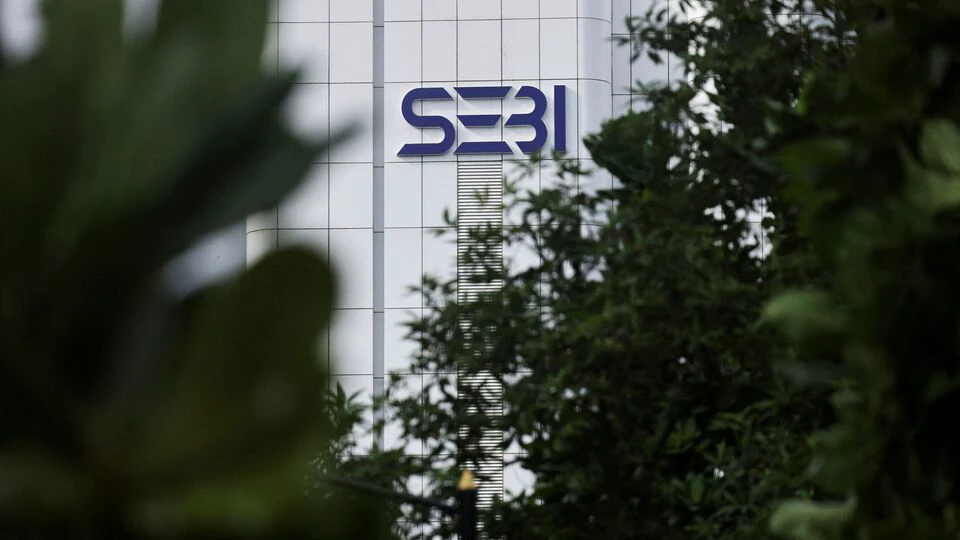India’s markets regulator Sebi has proposed a major overhaul of listing norms to address flagging retail investor participation in large listings.
In a consultation paper released on Thursday, the Securities and Exchange Board of India (Sebi) has suggested a flexible retail allocation framework for initial public offerings (IPOs) that are bigger than ₹5,000 crore, allowing the retail quota to drop from 35% to as low as 25% in a staggered manner, while boosting the QIB (qualified institutional buyer) share from 50% to 60% to ensure demand stability.
The market watchdog has invited public comments till 21 August.
Flexible retail allocation
The proposals, which could reshape the allocation structure for domestic equities, aim to align IPO structures with market realities-such as surging mutual fund flows and growing average issue sizes-while safeguarding long-term investor confidence.
“Given the allocation methodology and experience in recent deals, these large retail portions require lakhs of retail applicants for the category to be fully subscribed,” the consultation notes.
For a ₹5,000 crore IPO, the minimum retail application size requires about 700,000-800,000 bidders. For bigger IPOs such as, say, a ₹10,000 crore offering, the number rises to at least 1.75 million applications.
Despite robust inflows into mutual funds-where retail investment via systematic investment plans (SIPs) hit a monthly record of ₹26,688 crore in May-direct participation by retail investors in IPOs has plateaued.
Recent deals show that, while retail demand remains high for select big-ticket listings such as LIC and Bajaj Housing Finance, many large IPOs see undersubscription from both retail and non-institutional investor (NII) categories.
Examples from Sebi’s consultation paper include Hyundai Motor’s₹27,859 crore IPO, where retail portion was subscribed at just 0.4x; Hexaware Technologies’ ₹8,750 crore IPO (retail subscription 0.1x); and Afcons Infra’s ₹5,430 crore IPO that saw retail subscription at 0.9x.
In contrast, mutual fund participation via SIPs and as QIBs has been surging. Retail investment via SIPs (systematic investment plans) reached a record monthly high of ₹26,688 crore in May 2025. And the mutual fund industry’s assets under management (AUM) crossed ₹70 trillion in May 2025, signalling strong and steady inflows from retail investors through funds.
Currently, for most big IPOs, at least 35% of shares had to be kept aside for retail investors. Sebi has now proposed to keep 35% of the first ₹5,000 crore worth of shares for small investors. For any amount above that, only 10% needs to be set aside for them. However, at a minimum, small investors will always get at least 25% of the total shares, no matter how big the IPO is.
If the shares for small investors are not all taken up, the leftover shares will go to big institutions (such as mutual funds, insurance companies, banks, etc.), making sure all the shares can get sold smoothly.
To offset the reduced retail allocation, the paper proposes ramping up the reservation for domestic mutual funds in the non-anchor QIB category from the current 5% to 15%. According to Sebi, this would ensure continued high levels of effective retail participation, combining direct and mutual fund investment routes.
